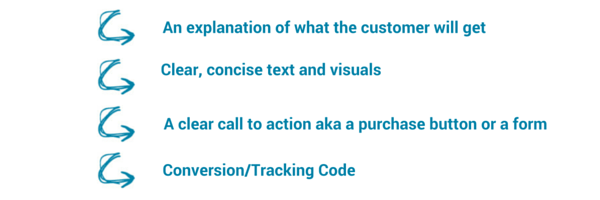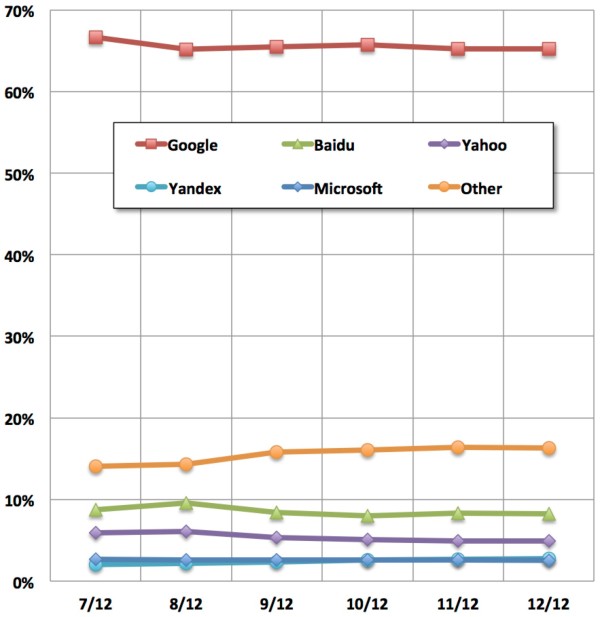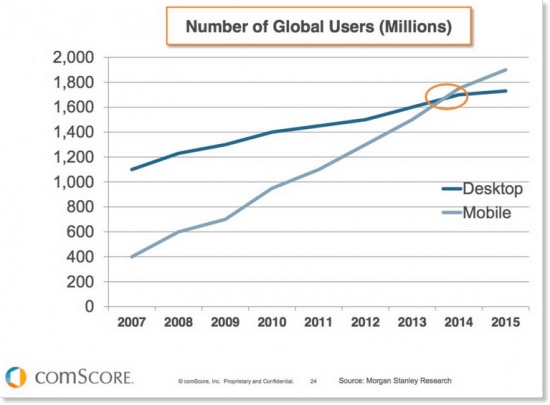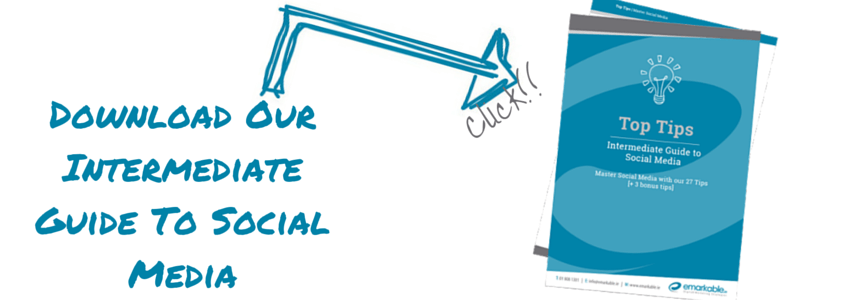9 Essential Facts About Digital Marketing Strategies
Did you know that over €33 billion* is wasted worldwide on Poor Digital Marketing Strategy? Makes you think, doesn’t it?
A poorly managed Digital Marketing Strategy can cost a business dearly. That’s why a lot of businesses choose to work with agencies like Emarkable; they know that their output is in the hands of educated experts. If you are not staying on top of changes and learning about best practice when it comes to digital marketing strategy, particularly advertising, you are going to risk losing a lot of money. Money is largely lost by lack of planning, ad-block, incorrect, or worse, no targeting, the list goes on. These are the things that a skilled digital marketer puts first.
There is a lot involved in a Digital Marketing strategy, more than you might think if you are not in the industry. We’ve made a list of essential facts about digital marketing strategies that you need to know before you start pumping money into something that doesn’t work for your business.
1. SEO first
 Search Engine Optimisation is the first step in any quality Digital Marketing strategy. Before you look at advertising, whether social or AdWords, make sure your website is optimised for search engines. Despite progressions in digital marketing, SEO has become much more sophisticated and remains your reliable digital bullhorn, reaching out to the right people.
Search Engine Optimisation is the first step in any quality Digital Marketing strategy. Before you look at advertising, whether social or AdWords, make sure your website is optimised for search engines. Despite progressions in digital marketing, SEO has become much more sophisticated and remains your reliable digital bullhorn, reaching out to the right people.
A search engine optimised website is typically a good quality website; images are clear and include alt-text, content is relevant and includes the keywords you want to rank for, titles and descriptions are correctly inputted; the list goes on.
The goal is to rank on Google when people search for the services you offer; if despite having excellent SEO in place, you are still struggling to rank above the competition, at least you have a high quality, visually appealing and informative website to advertise on Facebook and Google.
2. Landing Pages are infinitely important
Never, and we cannot emphasise it enough, ever launch a paid advertising campaign without having proper landing pages in place. We will say this until we are blue in the face. This is a sure-fire way to lose money and lose leads.
A landing page is, funnily enough, the page someone lands on when they click a link on your advertisement. Many businesses make the mistake of linking to the home page, or a page that doesn’t really offer customers anything, or one which doesn’t even correspond with the text on the ad.
Typically, a good landing page will have four things:

3. Google is King, but there are others
Let’s not kid ourselves by denying Google of its dominance; it’s a verb, after all. Keeping on top of Google’s Algorithms will enable you to stay in the eye line of most of your potential customers, but what about the rest?
Bing, Yahoo and search engines like Duck Duck Go, which strip personalised results, are definitely worth at least some of your attention. If you look at the graph below you’ll see that, yes, Google is top of the chain, but there are other ones to consider. 15% of searches is quite a lot in the grander scheme of things, and notice how, in 2012, Google dropping off slightly.

*source: searchengineland.com
4. Mobile, Mobile, Mobile
If your digital marketing strategy neglects mobile, then you can forget about it! Your ads on social media should include images that look well on mobile. Your google ads should include mobile-specific add ons. Your mobile needs to be responsive.
Why? Put simply, people spend more time on their mobiles browsing the internet and engaging on social media than they do on a desktop, and the trend is only going to increase. If you look at the graph below from Comscore, you’ll see that Desktop use is starting to level off, while mobile device usage is still creeping up.

The mobile versus desktop argument is slowly becoming obsolete due to the fact that we are simply more connected through mobile devices than ever. Is this something you want to ignore?
5. Inbound principles work
If you are in any way tapped into the world of online marketing you will have heard the term Inbound Marketing  before. It is the marketing concept everyone is talking about, because it works. This isn’t another fad term; it’s here to stay.
before. It is the marketing concept everyone is talking about, because it works. This isn’t another fad term; it’s here to stay.
The basic principle of Inbound Marketing is that you are consistently creating and sharing relevant, valuable content that your audience will engage with. The idea is to bring potential customers to your website by offering something they want or need, and nurturing them through blogs, email and social for a period of time until they become a customer.
Think about what you respond to online; do in your face, blatant ads telling you to “buy now” work, or are you more likely to buy from a brand that is consistently offering you the kind of content and information you actually want, as well as the kind of product or service you have been looking for?
6. Content is King
Inbound Marketing works; but what makes it work? Good content! Regular, relevant and valuable content is indispensable for your business; that’s why so many of the biggest companies in the world have blogs. If it’s good enough for Apple, it’s good enough for you (Although we think Apple could do with sprucing theirs up). It’s what consumers want. It’s also what search engine bots look for!
Everything, your social media efforts, your SEO work and your advertising comes back to content.
Creating good quality content will boost your brand image and your rankings. This all means that a good content creator is an essential asset for your business. If you haven’t got a writer inhouse, look into outsourcing the task.
7. Keep up, or lose out
The most difficult part of a digital marketing strategy is keeping up with the changes that constantly occur. Google’s algorithms changes more often than they actually tell us, LinkedIn’s interface is always changing, Facebook are regularly adding and taking away features. If you are not willing to keep up with the consistent changes and developments, you must be prepared to lose out. This means keeping tabs on the top digital marketing bloggers and setting up alerts for changes in the digital atmosphere. This is why a digital marketers’ work is never done. If you find that the task is too much, it might be time to outsource your strategy.
 8. An effective Campaign Costs
8. An effective Campaign Costs
You pay for advertising in newspapers or on the radio, so why do you expect to get free publicity on social media? Brands have to pay, in one way or another, to get the most of their campaign. It’s not enough to set up a social profile and wait for the diniro to roll in.
9. Marketing Automation is the way forward
Marketing Automation is the use of technologies designed specifically for repetitive marketing tasks, such as email and social remarketing, that move prospective customers through the marketing funnel.
This isn’t some new, groundbreaking idea, however, it is bigger and more effective than ever before. It’s easier to manage and more affordable these days; no longer a tool for the world-recognised brands, but something even the smallest fry can and should be using in the highly saturated world of online marketing. If this is something you are interested in, Emarkable can help.
Are you adding to the pool of money wasted on poor digital marketing strategies? If you pay heed to these and take a tactical as well as a strategic approach to your marketing campaigns, you will see money coming in, rather than watching it roll out.
*Figure from Proxima
Stop wasting money and invest it wisely! Emarkable specialises in strategies effect, successful and individualised campaigns for B2B and B2C businesses. If you are looking for assistance with your digital marketing strategy, contact Emarkable, to learn more about how we can help you devise and manage a campaign that will drive the best results. Call us on 01-808 1301 or visit our Let’s Connect page and leave us a message.





